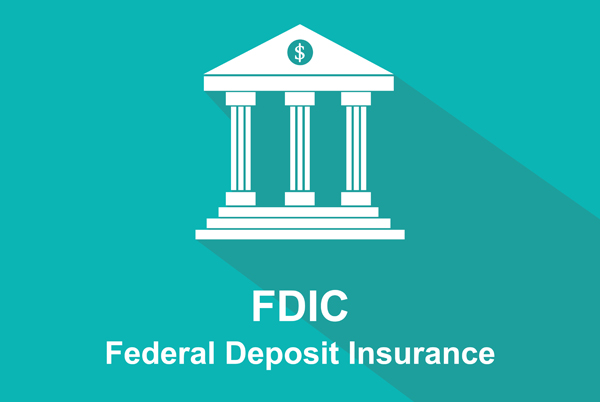
The Blog
Is my money safe? What to know about FDIC insurance
News
May. 10, 2023

With the recent California bank failures, many are feeling uncertain about the stability of the banking industry. However, the contributing factors to these collapses are incredibly unique and situational. FMB, as well as many other banks, remain resilient and strong. Not only is your money FDIC insured with FMB, but we enable other safeguards to keep your money safe.
What is FDIC insurance?
A significant benefit of having an account at an FDIC insured bank is that your money is protected up to $250,000 per depositor, per insured bank, per account ownership category. FDIC deposit insurance enables consumers to deposit their money at an FDIC insured bank and guarantees, in the case of a bank failure, depositors get their insured deposits back promptly. Since FDIC insurance was established in 1933, no depositor has lost a penny of their FDIC insured deposits.
If you’re unsure if your funds are covered, you can speak to a team member at FMB or use the FDIC’s Electronic Deposit Insurance Estimate (EDIE).
What financial institutions are covered by FDIC insurance?
A vast majority of banks, including online banks, are covered by FDIC insurance. FDIC insured banks are required to indicate they are FDIC insured. FMB has our FDIC signs or indicators posted throughout our lobby, drive-thru, advertisements, website, and social media outlets. If you are unsure if your bank is FDIC insured, you can search using the FDIC’s BankFind Suite.
What does FDIC insurance cover?
FDIC insurance covers traditional deposit accounts including checking, savings, certificates of deposits and money markets. The accounts are protected up to $250,000 per bank and per ownership category.
The ownership categories include single ownership accounts, joint ownership accounts, self-directed retirement accounts, business accounts, employee benefit plans and government accounts. Revocable trust accounts and irrevocable trust accounts qualify for FDIC insurance but must meet a specific list or requirements for the owner to qualify for per-beneficiary deposit insurance coverage.
What doesn’t FDIC insurance cover?
FDIC insurance does not cover investments even if your stocks, bonds, mutual funds, annuities, or life insurance policies are through your bank. FDIC insurance does not cover the contents within a safe deposit box.
Payment providers like PayPal and Venmo do not qualify for FDIC insurance because they are not banks.
What are some examples of ownership coverage?
Keeping your deposits in different ownership type accounts gives you the best opportunity of retrieving all your funds in the event of a bank failure.
For example, if a husband and wife have a joint savings account, each owner would be insured up to $250,000, meaning they could receive up to $500,000 in total coverage. A single owner with $500,000 in a savings account would only receive the $250,000. If an account holder has a revocable trust with 5 beneficiaries, each insured up to $250,000, the total amount insured would be $1.25 million.
In the event of a bank failure, how are you paid back?
When a bank fails, the FDIC will either deposit the funds into the bank which has acquired the failed bank or, if there is no bank, the FDIC will issue a check to the depositor within a few days. In either case, there is no action required of the depositor including the need to file an insurance claim or apply for the insurance coverage.
What safeguards does FMB have in place to keep your money safe?
When you bank with a community bank, the deposits secured are from local businesses, municipalities, and those individuals right within your community. FMB is well capitalized, and we are responsible stewards of your funds. We diversify our lending portfolio and are committed to making sound business decisions.
FMB, as well as many other community banks, are generally more resilient then the “big banks” and FMB is committed to remaining a stable and safe bank of choice.
Sources:
https://www.fdic.gov/resources/deposit-insurance/





